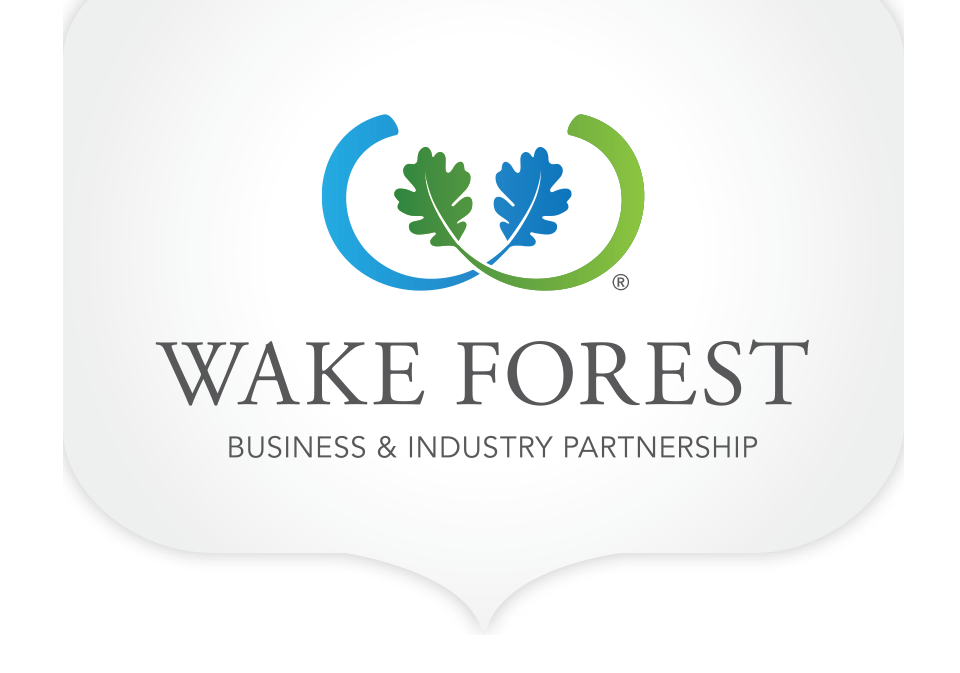Anindya Mukherjee, CEO and Founder of PHAXTEC
It’s a long way from Kolkata to Wake Forest, but Anindya Mukherjee is excited to have made the trip. For its part, the town is also benefiting from his move, as Mukherjee chose Wake Forest as home base for PHAXTEC Inc., the pioneering company he founded in January of this year.
The Wake Forest community itself touts an impressive “innovation infrastructure” offering businesses of all sizes direct pathways to success by creating spaces and resources for growth, access, funding, and more. From a culture of mentorship to advanced research capabilities to a rapidly advancing ecosystem for entrepreneurs - all paired with an incomparable quality of life and the proximity of Research Triangle Park, Mukherjee is well positioned to see his burgeoning technology meet with success in Wake Forest.
PHAXTEC is developing promising new technology for creating a recyclable and biodegradable material to replace plastics. Mukherjee is passionate in his advocacy for decarbonization. But he believes the movement toward a “circular” economy, rather than being viewed as a burden, can be profitable for companies and lucrative for communities. “It’s a good thing for the environment, but it’s also a good thing for our pocketbooks,” he says.
Mukherjee’s focus is on replacing plastics, a ubiquitous presence in U.S. consumer society for over three generations. As of 2015, only nine percent of the 8.3 billion tons of plastics produced worldwide was recycled. Another 12 percent was incinerated, and 79 percent was tossed into landfills and in our oceans. At the heart of PHAXTEC’s solution is PolyHydroxyAlkanoates – or “PHA” – a family of biopolymers sharing many of the same qualities of seven of the 10 top-selling plastics. Uniquely, however, PHA is biodegradable in soil, fresh water, and marine environments. And, PHA is a class of natural materials made from renewable carbon, harvested from living organisms using fermentation, and processes and functions just like plastics. As a result, it offers versatility like plastics but is eco-friendly like paper. Trademarked “PHAX,” the company’s PHA materials have the potential to replace as much as 200 million tons of plastics per year – a market segment valued at $200 billion.
“This is naturally biodegradable,” explains Mukherjee, the company’s CEO. “It is a transformative technology in many respects.”
Born in Kolkata (formerly Calcutta), India, Mukherjee earned a chemical engineering degree in his home country before arriving in the U.S. as a graduate student. He completed an M.S. in polymer sciences from the University of Akron and, later, an MBA from Vanderbilt University. “I’ve lived in many different parts of the world,” he says. From 2009 to 2016, Mukherjee resided in Wake Forest full-time while working as a consultant. A U.S. citizen, he currently divides his time between here and Cologne, Germany, where his German-born wife works in marketing communications. The couple is also raising two young children.
“I love Wake Forest because it has all the ingredients,” he says, including easy access to RDU International Airport, convenience to eastern port complexes from Norfolk to Savannah, and ready technical expertise from nearby research universities. “There’s everything you need and want – yet it’s a small town.” He also likes Wake Forest’s affordable real estate and friendly residents.
Global connectivity is part of Mukherjee’s vision for PHAXTEC. The key to PHA’s ability to compete with plastics rests in scalability. That means cultivating international markets. “The ports will be important for exporting materials,” he explains. “Europe is going completely circular.” Asian markets – Indonesia, India and Malaysia, for example – face a different challenge. “They lack waste management infrastructure,” says Mukherjee. “They need this material badly.”
PHAXTEC’s initial hope is to create an R&D facility, and Mukherjee is currently working with Jason Cannon of the Wake Forest Business & Industry Partnership (WFBIP) and other local partners to identify possible locations. The company now utilizes costly university labs for its R&D work. The Wake Forest site would employ as many as 20 scientists, technicians and management personnel. “Our goal is to get to market as soon as possible,” Mukherjee says. A pilot production facility would be next. “We’re trying to raise $5 million right now to do pilot-scale of 10 to 15 tons per year.”
PHAXTEC’s ultimate objective is scaling its “diverse, end-of-life” PHA products to a point where they are cost-competitive with plastics and can drive the transition to a carbon-neutral economy. Access to seed money, along with network-building opportunities, are two immediate requirements Mukherjee hopes to address. “I’m looking for people to join me in this effort,” he says.
“The work PHAXTEC is doing stands to transform our everyday lives while also advancing a greener, cleaner, and more sustainable planet and economy,” said Cannon of the WFBIP. “The Wake Forest business community and our partners in the region are committed to supporting Anindya and his innovative research and commercialization pursuits to begin scaling up PHA production to levels competitive in a current market dominated by non-renewable and non-biodegradable plastics – materials that are sadly overwhelming our landfills and challenging our natural ecosystems.”
For more information on PHAXTEC and it’s ongoing efforts, please visit here.





